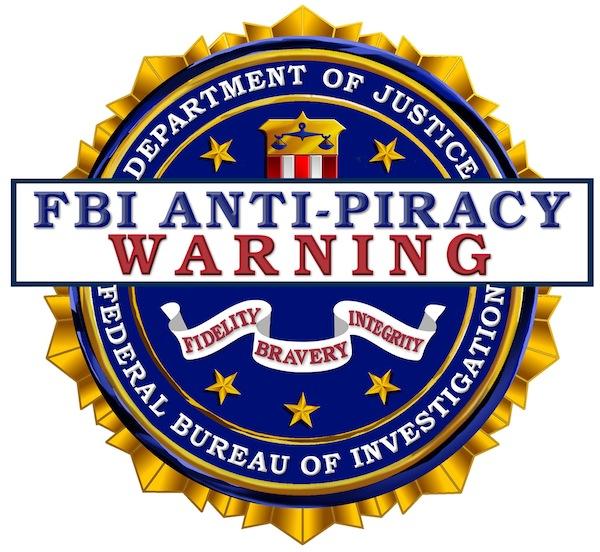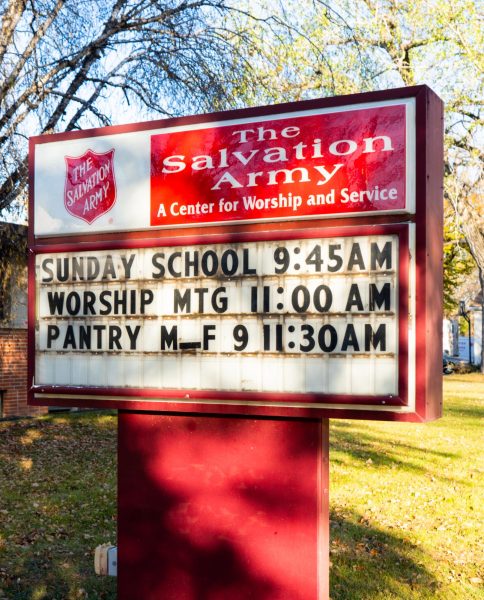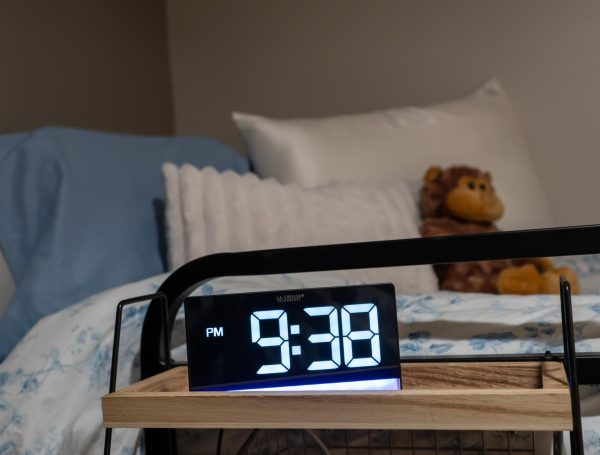Pricing leads to online piracy

Image from the Federal Bureau of Investigation.
Online piracy is an epidemic threatening our nation’s very foundation.
Or so the government would have you believe. It’s no secret online piracy is rampant, especially among younger people. Obviously there are no students in this fine university that would stoop so low as to steal things online. There have been rumors that other college students from lesser universities download various forms of entertainment illegally.
Republicans in Congress have brought up many bills to combat online piracy from SOPA to PIPA and CISPA. Each time they have been shot down for being grossly offensive to the very concept of the first amendment.
SOPA would’ve allowed the government to block any site they thought was violating copyright infringement laws. But for anyone who has ever tried to upload a video to Youtube knows, copyright infringement laws are vague and difficult to enforce.
You may have noticed some people post entire movies on Youtube, while others contain a five second clip of a song that happens to be playing and are instantly blocked for violating copyright infringement.
There have been many famous artists on Youtube who had every legal right to the material they used in their videos under the fair use doctrine, yet Youtube consistently blocked their videos and shut down their channels.
If one company had this much trouble properly enforcing copyright law on a singular website, how do you think the federal government would do with the entire Internet?
The other problem with these bills is that they miss the point. The problem isn’t precisely that there are a bunch of people who just want to steal, and we have to stop them any way possible. The main problem is pricing and availability.
Many who pirate entertainment still actually buy much of their entertainment. Consider premium subscriptions services such as HBO or Showtime. They only offer all of their programs together for one singular price, They don’t digitally or physically distribute their shows until a full year after they air, and they only ever allow people to access their shows if they have a cable subscription.
This means that anyone who does not have access to a cable subscription or who doesn’t want to pay $16 a month for three months just to see a single season of a single TV show are completely out of luck if they want to keep up with the show.
It’s not that paying $48 for a season of a TV show is unreasonable, it’s that they expect customers to pay the same price as if you were going to utilize all of the movies and all of the TV shows they have to offer. Usually these networks end up having about one good show per season.
With these types of pricing plans and pitiful availability, they are basically refusing service to anyone who doesn’t have access to cable, as well as boxing themselves off to customers who might be interested in the product, but don’t want to pay for things they are not using.
With this shockingly anti-consumer business plan, it’s little wonder the HBO show “Game of Thrones” and the Showtime show “Homeland” are probably among the most pirated shows of all time.
Obviously the premium channels are an extreme example of this, however, this is how cable in general works. You often tend to pay for programming you don’t want. These types of pricing and availability policies have been shown to be the main driving force behind online piracy.
This isn’t just speculation on my part either. It has been proven that consumer-friendly business plans make much more money and reduce piracy.
One example is the internet comedian Bo Burnham. He recently released a stand-up special entirely for free on Youtube and Netflix. This move actually allowed more people to buy his album. So, even though they can already have all of it for free, they still pay for it, because he treats his customers and fans with respect.
People usually don’t pirate because they just don’t want to pay for things. It’s because corporations have blatant anti-consumer policies that make it difficult for consumers to purchase the products they want at affordable prices.
Some artists have shown that it’s absolutely possible to treat the consumer with respect and still make money.
Michael Rauser is a staff writer for The Dakota Student. He can be reached at [email protected].






